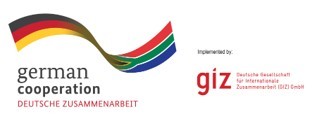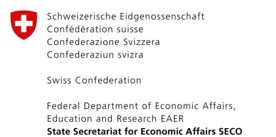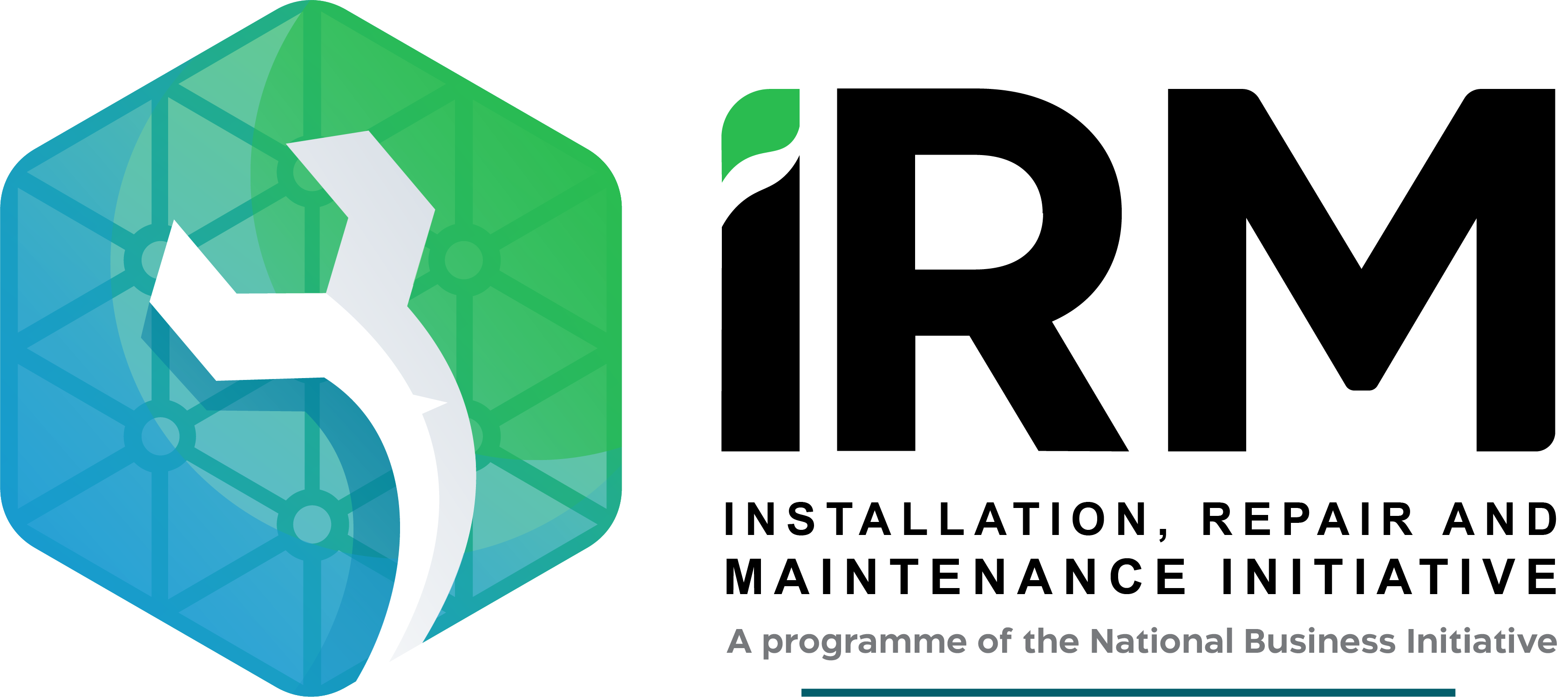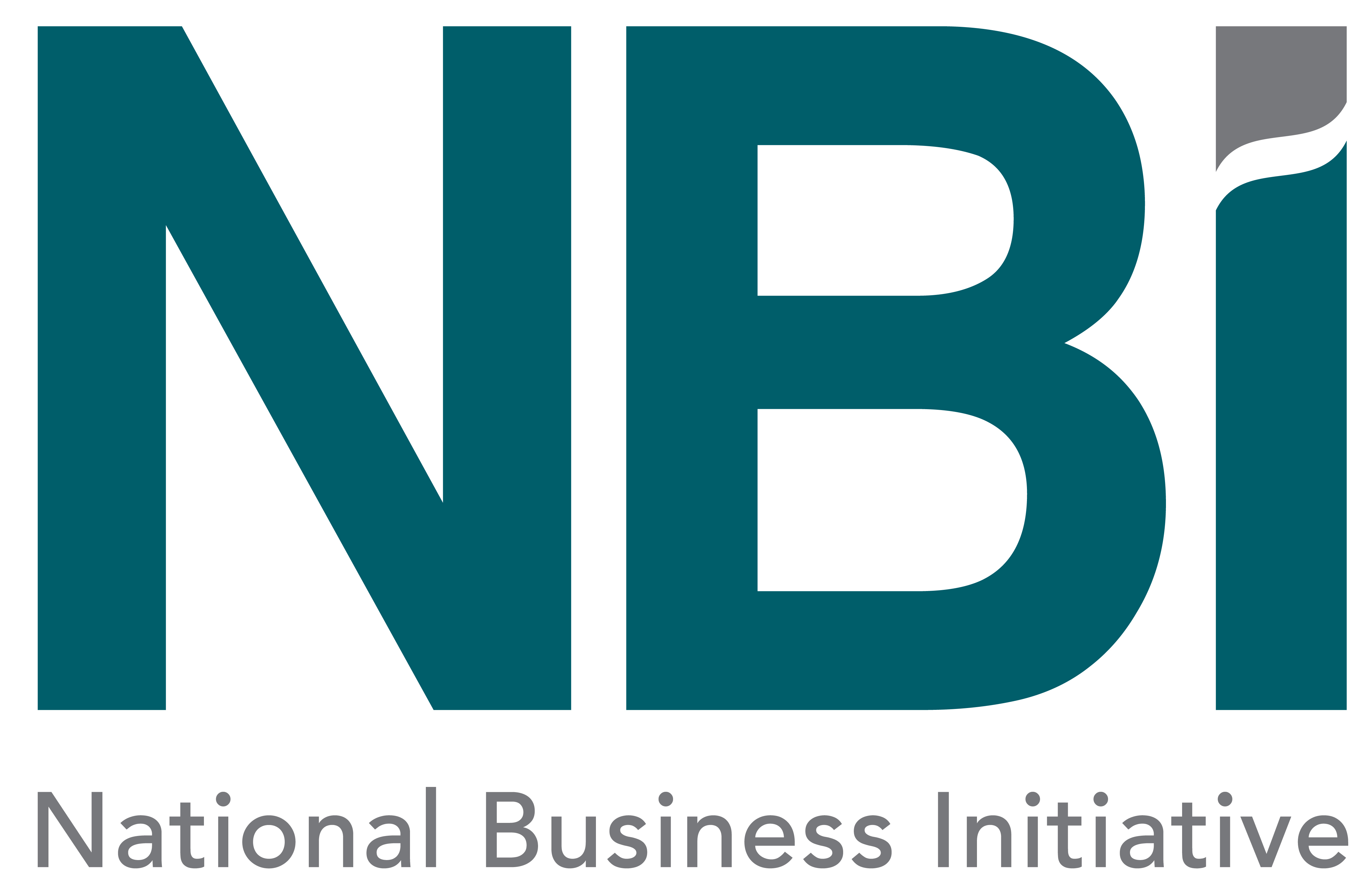Your questions answered
- What is the National Business Initiative?
The National Business Initiative is a voluntary coalition of South African and multinational companies working towards sustainable growth and development in South Africa and the shaping of a sustainable future through responsible business action.
The organisation is a global network partner of the World Business Council for Sustainable Development, and is an implementation partner of: the CEO Water Mandate; the We Mean Business Coalition, a global non-profit organisation focused on promoting business action against climate change; and the CDP, a not-for-profit charity that runs the global disclosure system for investors, companies, cities, states and regions to manage their environmental impacts.
- What is a green economy?
A green economy is an economic system that aims to reduce risks to our natural environment – the air, rivers, the sea, wetlands, plants and animals. It promotes sustainability – the ability for systems to keep working without breaking down. The goal of a green economy is to switch from traditional economic activity that uses up natural resources to economic activity that is based on power from renewable sources such as the sun and the wind. It reuses what is left over after manufacturing processes, recycling items, or parts of items that have already been used, and makes sure that our human impact on the natural world is reduced.
- What is sustainability?
Sustainability is a term used to refer to the ways in which we take care of our local, and global, natural environment to make sure it stays healthy forever. When sustainable business methods are chosen the Earth will be able to keep providing us with clean air and water, healthy food and a safe place to live.
To use sustainable business methods is to use natural resources such as rivers and dams, the atmosphere and plants, and to deal with animals, in ways that don’t harm them. This includes using natural resources such as the sun and wind to create energy, which means we are not burning fossil fuels that create pollution; and recycling things that we have used so that they can be made into new things, instead of just throwing them away.
- How does the installation, repair and maintenance sector fit into the green economy?
The installation, repair and maintenance (IRM) sector is an essential part of the green economy. The world is switching to a cleaner, more sustainable economy – a green economy – and South Africa will be left behind if its businesses don’t do the same.
There is a growing demand for cleaner, more sustainable energy resources such as the sun and the wind. To take advantage of these resources, which South Africa has a lot of, we need to install more and more renewable energy systems, which use solar panels, wind turbines and other mechanical devices. And that’s just in energy. Switching to a green economy also means that we must turn to new technology that uses up less of our natural resources to produce the things that we need and want, from cars to clothes.
Switching to a green economy also means that, where we can, we should repair the infrastructure and tools we need to make things, instead of throwing them away, or, where they pollute our environment we should replace them with ones that are better. We should also properly maintain manufacturing equipment so that it works as efficiently as possible to make sure that the impact we have on the natural environment is as small as possible.
All of this means that the IRM sector is becoming more and more important. The number of jobs in this sector will grow. This growth is also an opportunity for workers in this sector to develop new skills.
- What is a SAPVIA PV GreenCard?
The South African Photovoltaic Industry Association (SAPVIA) GreenCard is a useful tool for businesses in the solar power installation, repair and maintenance sector. It shows that you have been trained to properly install and maintain solar photovoltaic (PV) infrastructure – it is a certificate of competence and excellence.
SAPVIA is a voluntary membership organisation that supports the development of a sustainable and safe sector. To earn a SAPVIA GreenCard, installers take part in specialised education and training that will enable them to be certified and registered on the PV GreenCard database. This certification means that these installers are skilled in and compliant with all of the relevant national and municipal electrical regulations. They can offer their clients reassurance on the safety and quality of the installation. To get more details, including how to apply, please click here.
- What is the ‘just energy transition’?
The just energy transition refers to a shift from using fossil fuels such as oil and gas to produce energy to using renewable resources such as wind and solar power, in a way that is fair to all members of society. The transition is “just” when it benefits everyone, especially marginalised and vulnerable communities, and when the costs and benefits are distributed in a fair and transparent way. When a just energy transition happens, people who have worked in the traditional fossil fuel energy sector are retrained so that they can work in other sectors and remain employed.
- Where can I get green economy skills?
Green economy skills are the skills needed to protect the environment and promote a sustainable economy – one that stays healthy and doesn’t run out of the resources needed to keep it running.
These are the skills we need to install, repair and maintain green infrastructure, such as for providing energy from renewable sources like the sun and the wind; or for recycling waste so that it can be reused to create new products.
In South Africa there are many initiatives aimed at ensuring that people can gain green economy skills:
NBI – in 2018 the NBI initiated a three-year green economy skills programme through technical and vocational education and training colleges. The programme has a focus on solar water heating and photovoltaic installation, repair and maintenance. The initiative is funded by the Confederation of Danish Industry and the Nedbank Foundation and is aligned to the strategic objectives of the Department of Higher Education and Training. Click here: http://piv.nbi.org.za/2018%20M...
Setas – you can approach sector education and training authorities (setas) to find out about training programmes in green economy skills, such as the Energy and Water Sector Education Training Authority’s Water, Energy and Learning course
Many universities offer short courses in various green economy skills
The Department of Forestry, Fisheries and the Environment is building a green skills portal. Click here: https://www.dffe.gov.za/projec...
Master Builders South Africa provides training programmes: https://www.masterbuilders.org...
You can approach the Construction Industry Development Board for information on available skills training programmes: https://www.cidb.org.za/
The South African Photovoltaic Industry Association has partnered with three training institutions – Nepoworx, the Green Solar Academy and the Southern African Energy Efficiency Confederation – to offer renewable energy and energy efficiency training
The South African Renewable Energy Technology Centre at the Cape Peninsula University of Technology has information on training programmes: https://www.saretec.org.za/
Speak to the South African Wind Energy Association about possible training programmes. Click here: https://sawea.org.za/
Approach the Green Building Council South Africa about possible training programmes. Click here: https://gbcsa.org.za/
Impact Amplifier offers a range of acceleration and training programmes focused on getting impact businesses ready for investment: https://www.impactamplifier.co...





